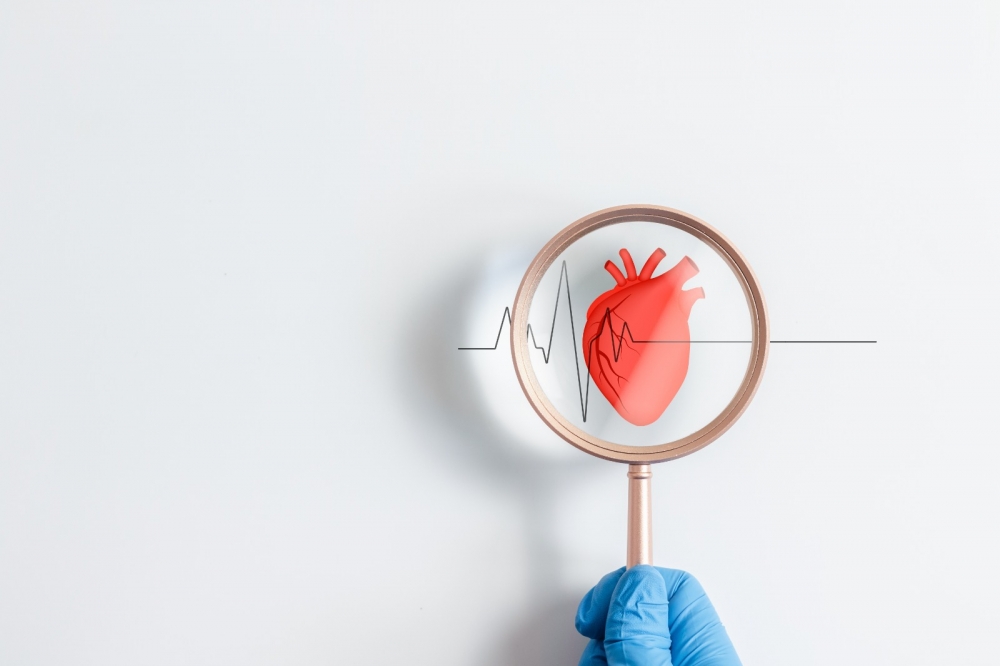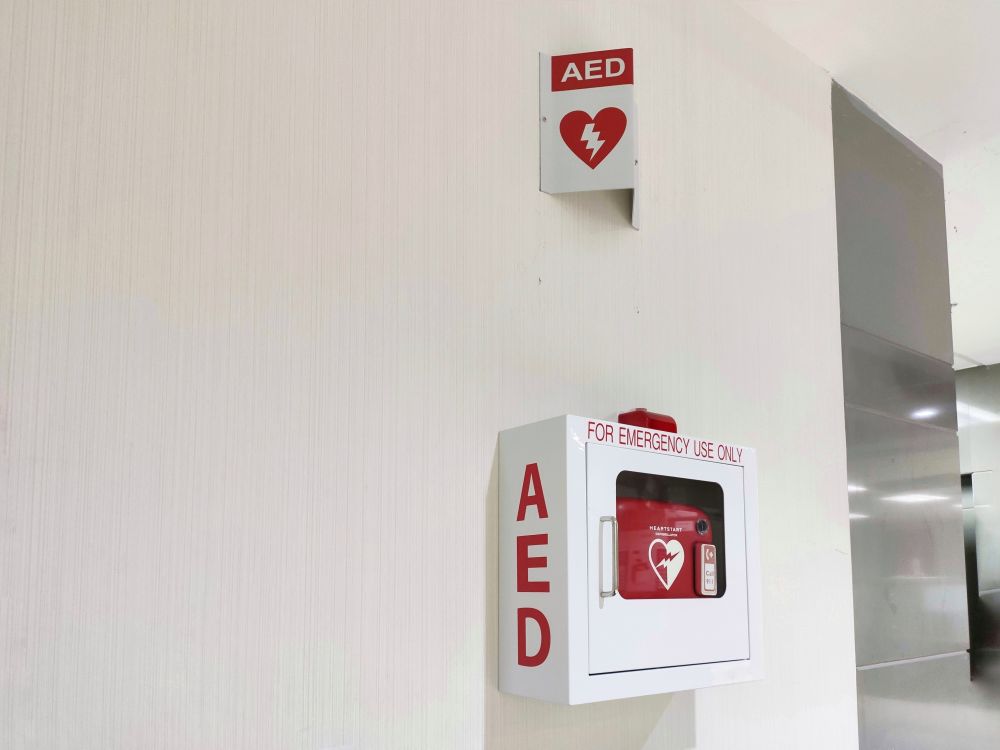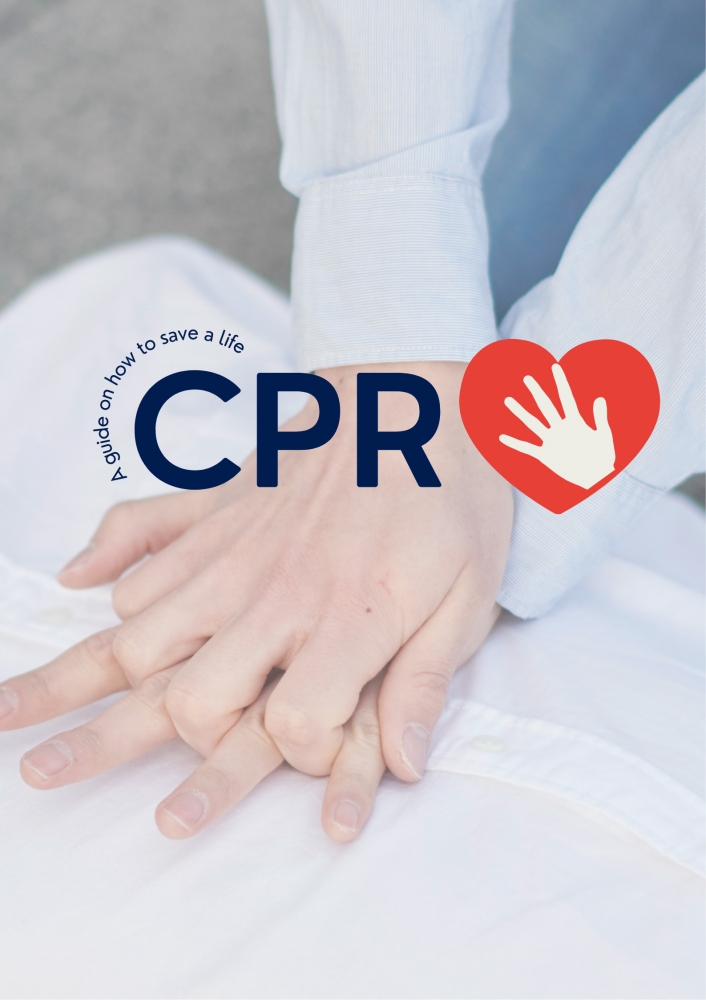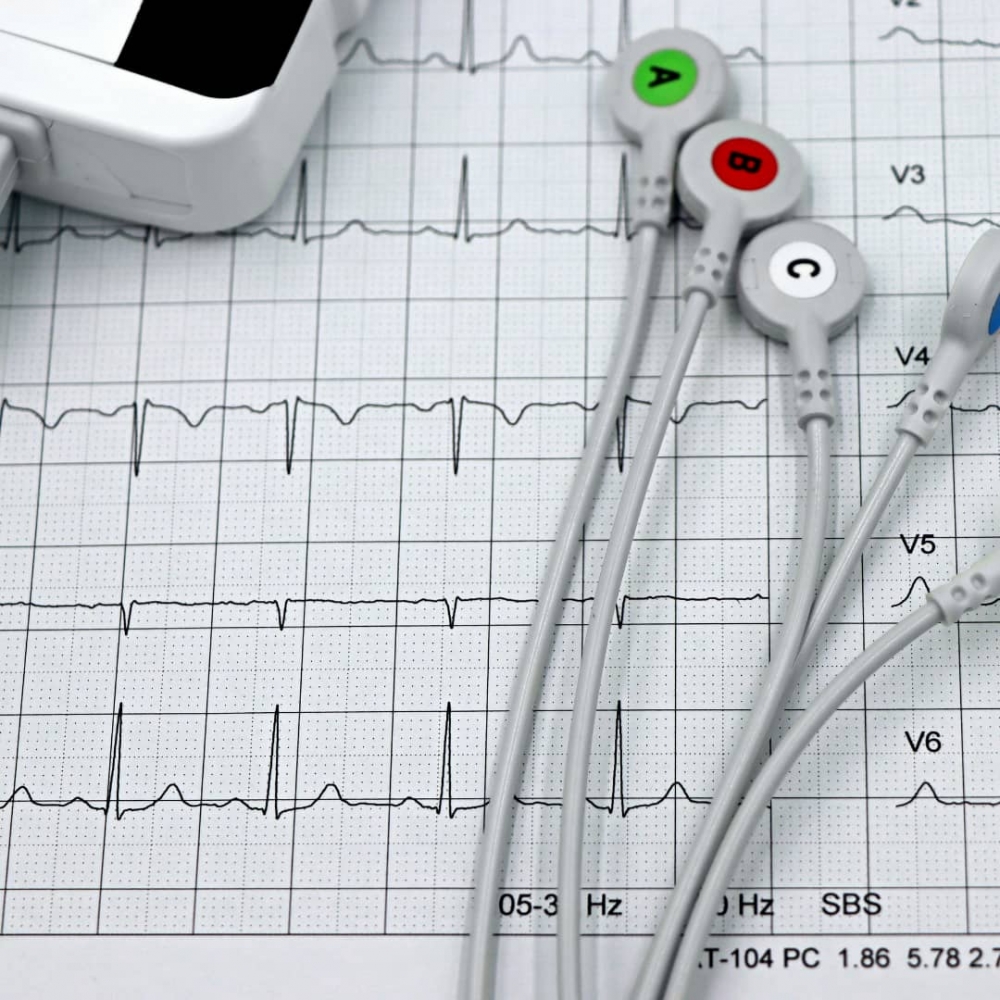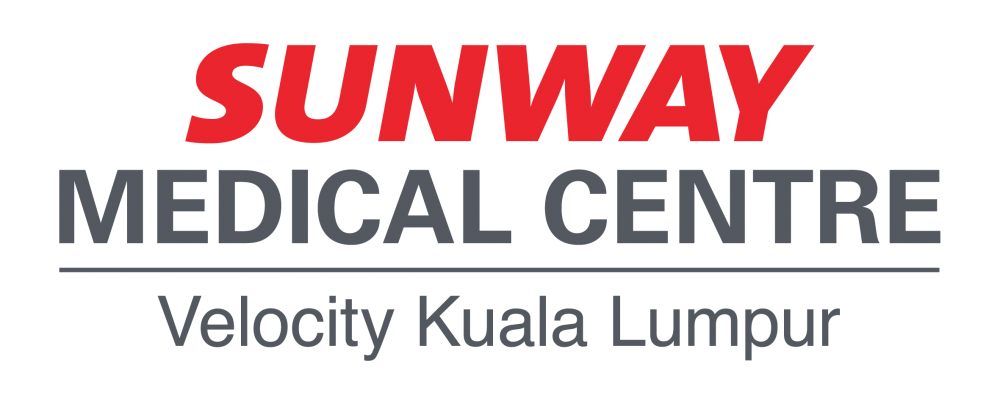Sudden Cardiac Arrest vs. Heart Attack: Understanding the Difference With Dr. Lim Chiao Wen

When it comes to heart emergencies, every second counts—but not all heart-related incidents are the same. Heart attacks and sudden cardiac arrest are often mistaken for each other, yet they differ in cause, treatment, and urgency. Let’s understand the difference with Dr. Lim Chiao Wen, our Consultant Cardiologist & Electrophysiologist, so we’re better prepared to recognise the signs and respond when needed.

Key Differences
-
Heart attack is a circulation issue caused by blocked blood flow to the heart.
-
Sudden cardiac arrest is an electrical malfunction that causes the heart to stop beating.
-
Both conditions require immediate medical attention.
Though often confused, heart attacks and sudden cardiac arrest are distinct conditions. A heart attack occurs when blood flow to the heart is obstructed, while sudden cardiac arrest results from a sudden electrical failure that stops the heart. A heart attack can sometimes trigger cardiac arrest, but not all heart attacks lead to it.
If you have risk factors for heart disease, early detection through a Heart Screening can help prevent complications before they become life-threatening.
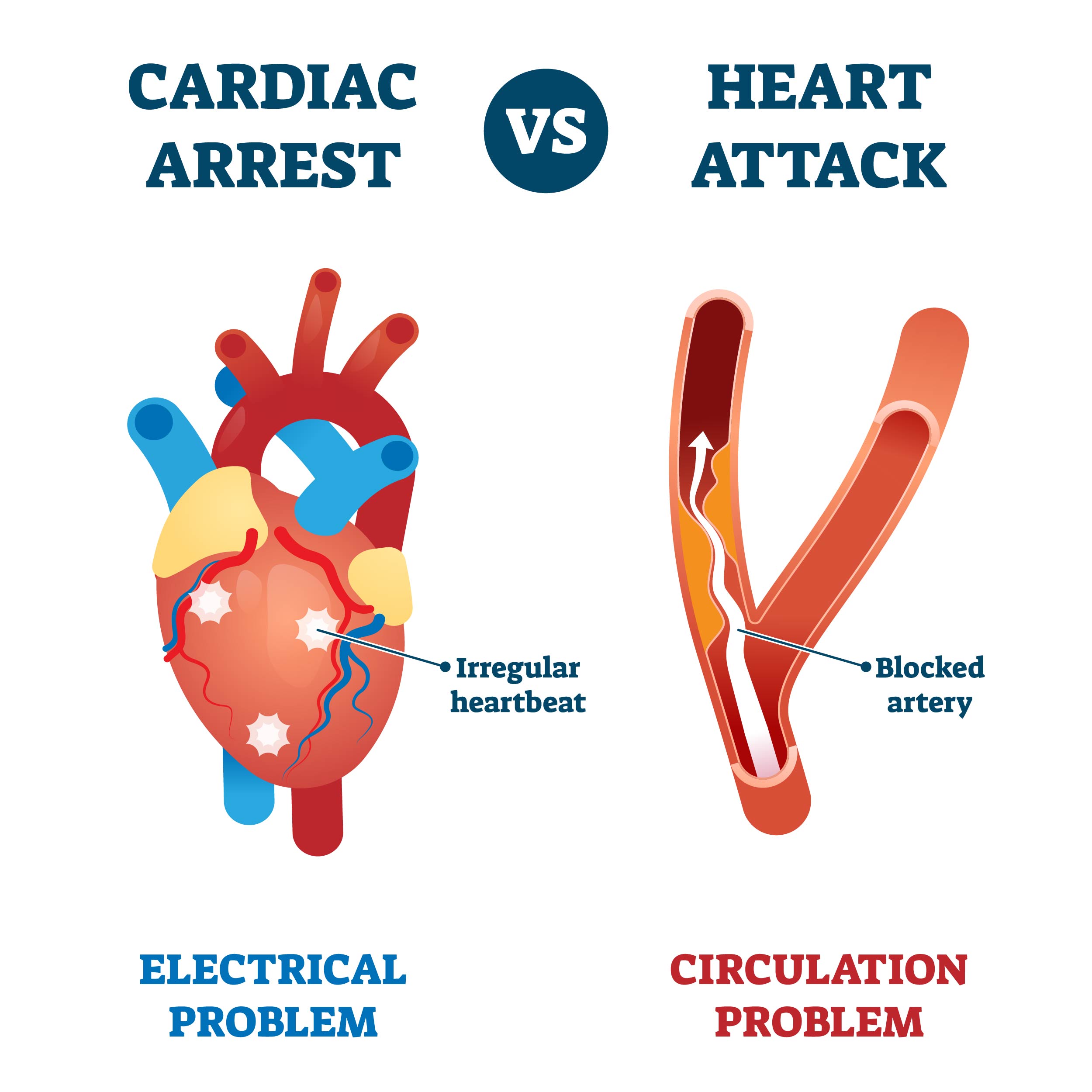
What Happens During a Heart Attack?
A heart attack occurs when a blockage in the coronary arteries reduces or completely stops blood supply to a part of the heart. Without oxygen-rich blood, heart muscle cells begin to die. The longer the blockage remains untreated, the greater the damage to the heart muscle.
Heart attack symptoms can develop gradually or appear suddenly. While chest pain is a common sign, other symptoms such as shortness of breath, nausea, dizziness, or discomfort in the arms, back, neck, or jaw may also occur. Women are more likely than men to experience atypical symptoms like extreme fatigue or indigestion-like discomfort.
A heart attack does not necessarily stop the heart from beating, but if left untreated, it can lead to serious complications, including heart failure or sudden cardiac arrest.
If you are experiencing symptoms of heart disease, consulting a specialist at our Cardiology Department can help you understand your heart health and explore treatment options.
What Happens During Sudden Cardiac Arrest?
Sudden cardiac arrest is a life-threatening event that occurs when the heart’s electrical system malfunctions, causing the heart to beat irregularly or stop altogether. This leads to an immediate loss of consciousness, absence of a pulse, and halted breathing. Without prompt medical intervention, sudden cardiac arrest is fatal within minutes.
Unlike a heart attack, which is caused by blockages in the arteries, cardiac arrest is often triggered by conditions like severe arrhythmias, cardiomyopathy, or inherited heart disorders. However, a heart attack can increase the risk of sudden cardiac arrest by damaging the heart’s electrical system.
At Sunway Medical Centre Velocity our specialists provide comprehensive cardiac care, from diagnostics to advanced treatments, ensuring personalised care tailored to your heart health needs.
Fast Action Saves Lives
What to Do in a Heart Attack?
Even if symptoms seem mild, immediate action is critical.
• Call emergency medical services right away.
• Avoid driving yourself to the hospital—emergency responders can begin treatment en route.
• If advised by medical professionals, take aspirin to help thin the blood.
What to Do in Sudden Cardiac Arrest
• Call for emergency medical assistance immediately.
• Start CPR immediately—chest compressions keep blood flowing to vital organs.
• Use an automated external defibrillator (AED) if available—this device can restore a normal heart rhythm.
• Continue CPR until medical professionals arrive.
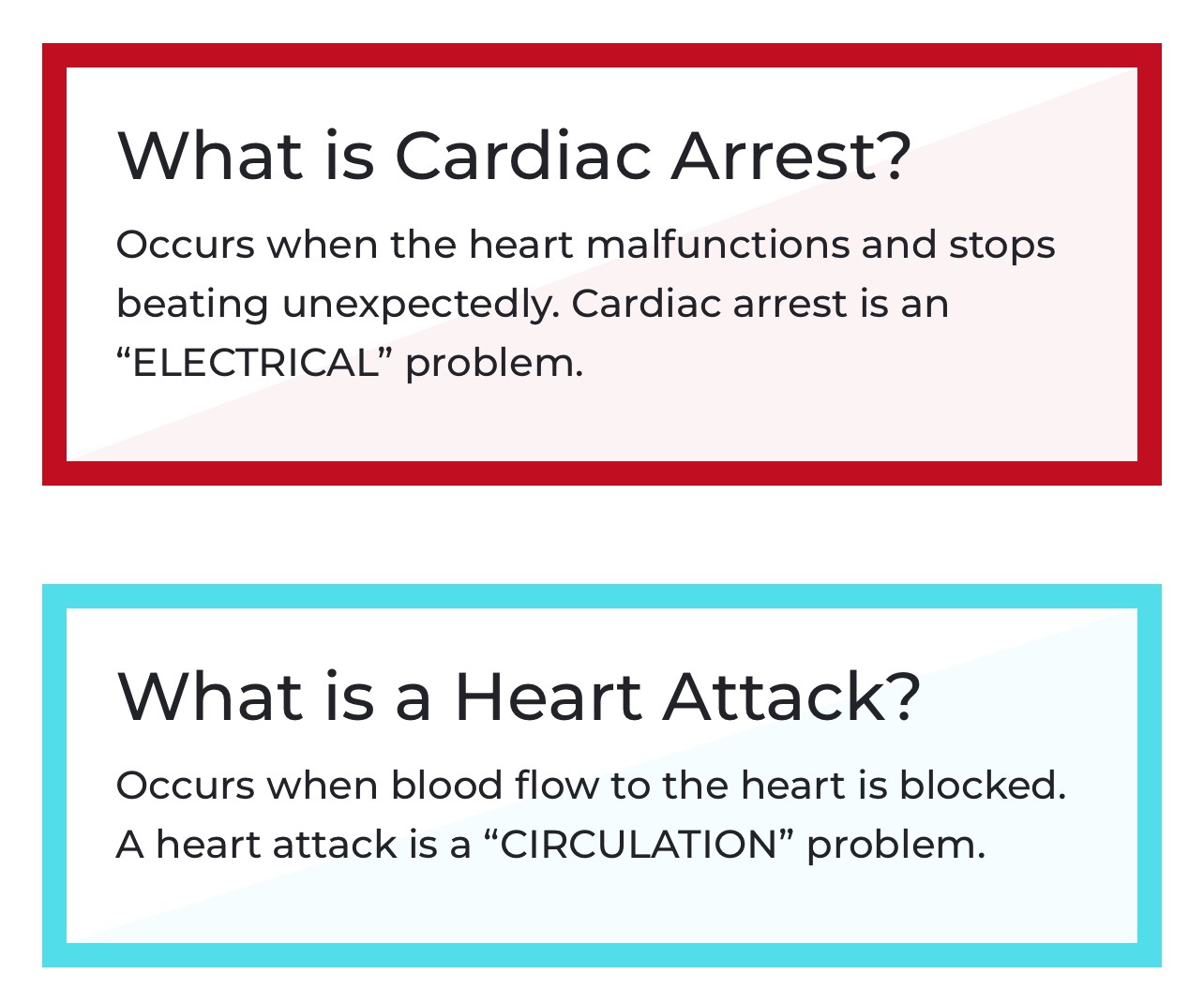
In Malaysia, sudden cardiac arrest is a significant public health concern. Immediate CPR and AED use can double or triple survival rates, yet public awareness and access to AEDs remain limited. Encouraging CPR training and making AEDs more widely available can save more lives.
Both heart attack and sudden cardiac arrest require rapid response. Recognizing the warning signs and knowing how to react can make all the difference in saving a life. If you’re concerned about your heart health, schedule a Heart Screening today to assess your risk and take proactive steps toward better cardiovascular health.
Kembali
Suggest to Read
